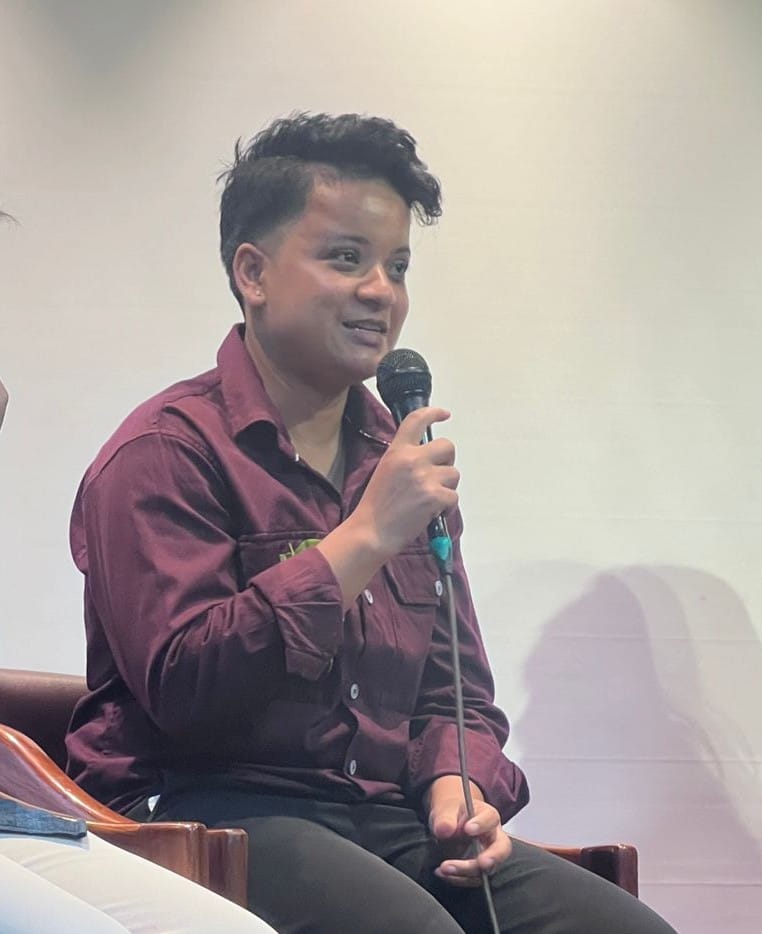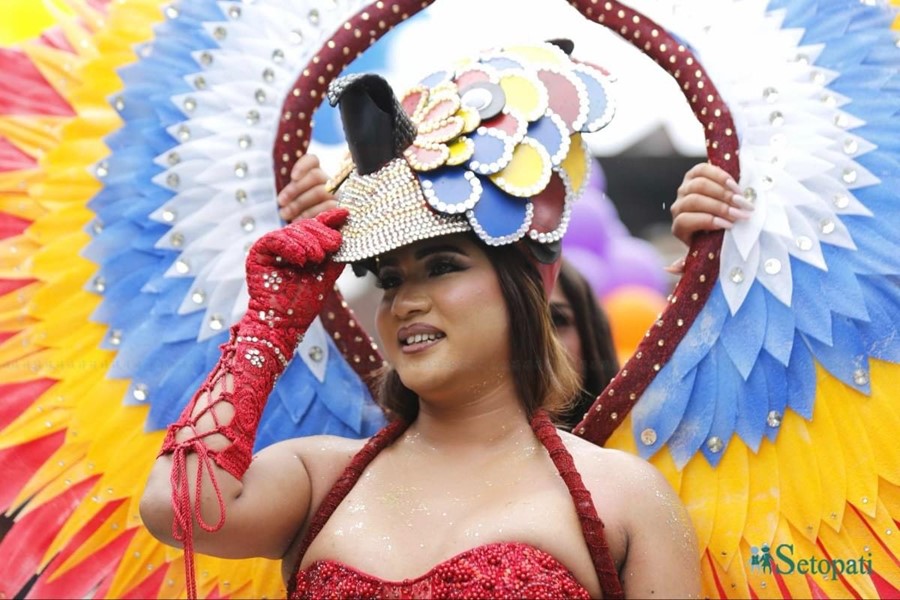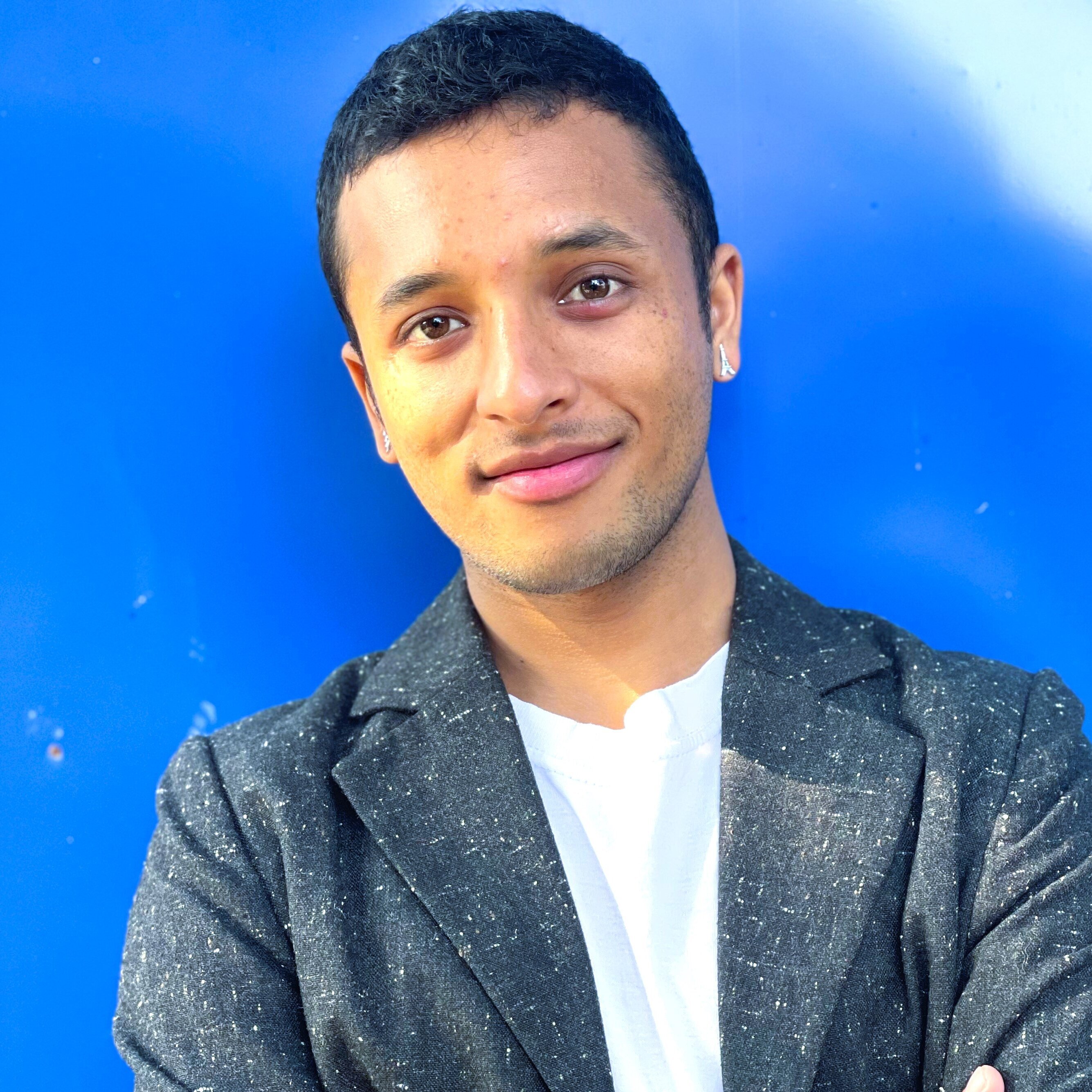Abandoned by their families, trans people in Nepal are heading to university to escape the street - only to discover more prejudice. Dipesh Khanal reports.

Kamala Shrestha is a trans woman from Nuwakot, a town located 60 kilometres west of Kathmandu. A year and a half ago, she completed a master’s degree in the Nepalese capital, only to find, like many other trans individuals, hurdles to her obtaining her academic documents, all because her stated gender was different than the one in the records.
"When I went to the National Education Board (NEB) to obtain my educational certificates, they repeatedly informed me that no laws applied to us getting the certificate.”
“They kept pushing the date back,” she said. “And every time they suggested I file a case. I asked how I was supposed to navigate such a process? They remained silent and offered no further guidance,”
Despite the Nepalese Constitution recognising queer rights as fundamental rights in 2007, transgender people say they encounter numerous obstacles in their daily lives.
Further education, an escape from the street where many trans people find themselves forced into prostitution, is full of challenges, with trans people complaining of issues ranging from delays in certificate issuance by education boards to grappling with discrimination in classroom settings, societal stigma, and the absence of inclusive policies.
Rubina Bhujel, a 27-year-old transwoman from Kathmandu, is currently pursuing a Bachelor’s degree in social work. "No one wants to do the college project with me,” she says. “I do it myself, and instead ask advice from my queer friends who have done it before."
In her pink jacket and matching eyeshadow, her hair neatly tied back, she sketches out the difficult landscape facing trans people in Nepal. “Very few trans people study in Nepal,” she said. “There’s no environment and opportunity to study.”
After finishing high school, she revealed her gender identity to her family in Jhapa, and was thrown out of her home. With no support system and finances, her only option to earn was sex work, which ate up five or six years.

"I had been on the street and I was uncertain and lost and wondered who was going to provide food for me. A few friends of mine introduced me to the sex work business in Gaushala," she said.
“Eventually, one of my friends, Manoj Shivabhakti, motivated me to get out, saying that I should do something in life and that I shouldn't always keep doing this.”
She said that she is now fully focused on improving herself and hopes to excel in academics. Despite the regret, she insists that “Sex work is also work and is like any other profession like doctor and pilot. Without knowing the reality of the people involved in this profession, no one should judge them.”
Half a decade later, her experience in higher education has not been as pleasant as it should have been. She was not allowed to sit her final exam unless they verified her, asking questions like, “Are you the one in the picture? Is this your name? Wait for some time, I will confirm”, which made her late to begin her exam. The exam admission card had what she calls her deadname, and the photo on the card was of a woman.
“I will be very happy when I become successful one day. Yes, I've had educational gaps, but I am determined to finish my PhD no matter what it takes, even if it means achieving it at the age of 50. I will continue my education, even if I have to fight for everything," Rubina said.
Samon Chettri is a 24-year-old trans man who is studying law while also promoting trans mens’ rights in Nepal. "While studying 'Gender Justice,' I expected interesting discussions on gender identities and sexualities, but the professor insisted there are only two genders: male and female. When I suggested using 'LGBTQIAP+' instead of 'third gender,' he dismissed it, saying it was not an important topic to dive into. My friends supported me instead.”
He emphasised the need for teachers and academic administration to sensitise and recognise diverse gender identities, treat students equally, and use preferred names and pronouns regardless of physical appearance.
And they need to ensure that, having put in all the work, they are given their certificates.



